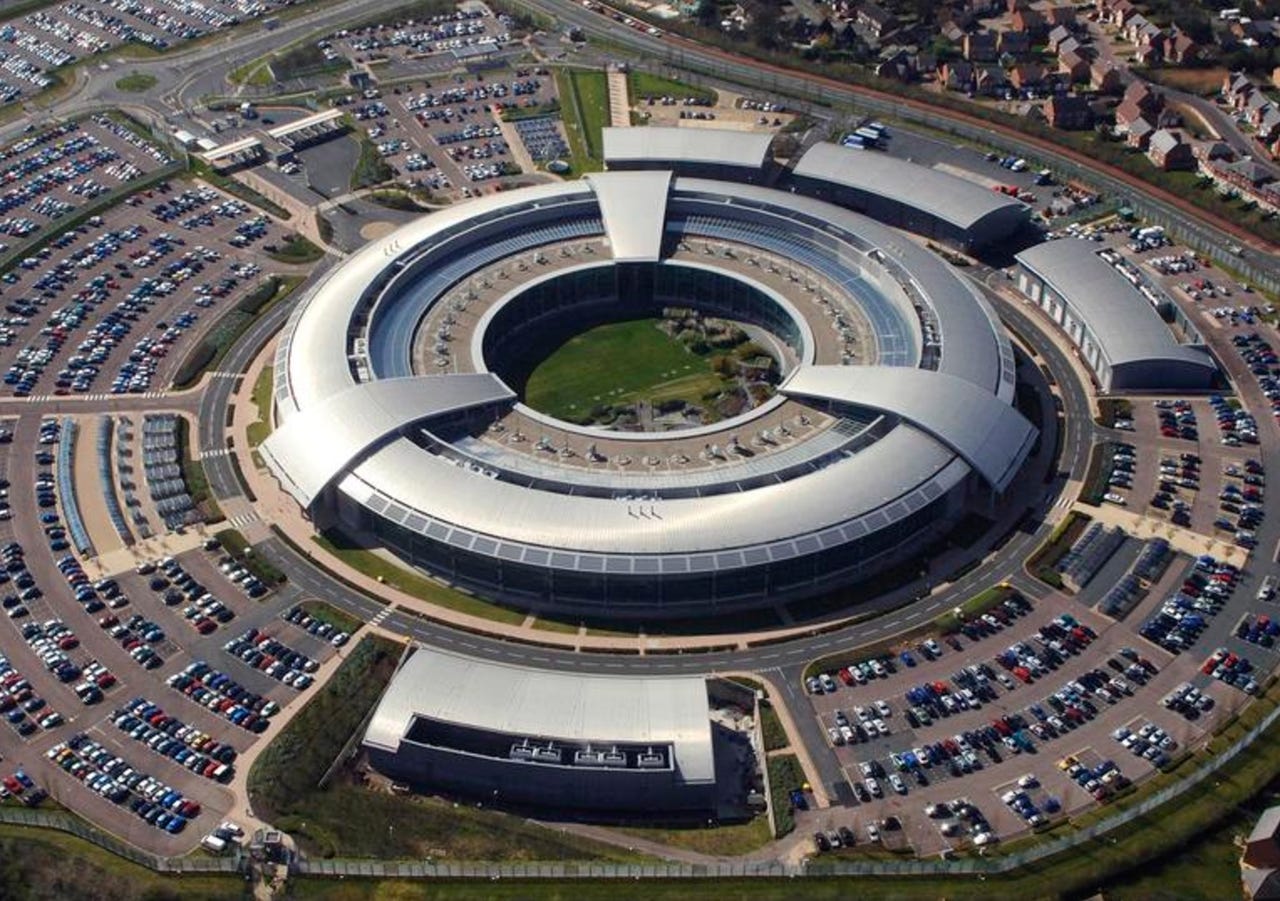GCHQ UK spy agency chief steps down


GCHQ Director Robert Hannigan has decided to step down from his role after several years as director of the spy agency.
On Monday, the GCHQ announced the move and said that Hannigan will leave as soon as a successor is in place.
In a letter to the UK Foreign Secretary Boris Johnson, Hannigan implied his resignation was due to personal reasons as the work has "demanded a great deal of my ever-patient and understanding family," and "now is the right time for a change in direction."
Hannigan stepped up as GCHQ Director in 2014 after serving in various roles including Deputy Director of Communications and Associate Political Director for the Northern Ireland Office, Head of Security at the Cabinet Office and Accounting Officer for MI5 and MI6 funding body Single Intelligence Account.
In 2008, the executive oversaw what is known as the "Hannigan report," which explored the use of IT and associated security risks in government infrastructure.
"I am proud of what we have achieved in those years, not least setting up the National Cyber Security Centre and building greater public understanding of our intelligence work," the letter reads. "I am equally proud of the relentless 24-hour operational effort against terrorism, crime and many other national security threats."
"I have also initiated the greatest internal change within GCHQ for thirty years, and I feel that we are now well on the way to being fit for the next generation of security challenges to the UK in the digital age," the UK spy chief added.
In the years Hannigan has run GCHQ, the executive has been at the heart of issues relating to encryption, privacy, and surveillance.
Following former US National Security Agency contractor Edward Snowden's disclosures that exposed the US spy agencies mass-surveillance activities, Hannigan said it was for lawmakers and politicians to decide the "trade-offs" between security and privacy when it comes to end-to-end encryption.
In response, many tech vendors -- including Apple and Google -- began rolling out end-to-end encryption for consumer devices which would not only make spying difficult for government bodies, but also prevents the companies themselves from being able to assist law enforcement in grabbing communications data from products.
While governments would like to see backdoors in devices for spying purposes, this creates a weakness that attackers can also exploit -- and therefore is a concept rejected by vendors and the cybersecurity community as a whole.
Despite this, Hannigan said last year that "privacy has never been an absolute right," and governments should "decide the parameters of what is acceptable" when it comes to device encryption and security.
The Foreign Secretary thanked Hannigan in response to his letter, saying that due to his efforts the intelligence agency's national security capabilities have been renewed and the groundwork has been laid for GCHQ to meet future challenges.
It remains to be seen whether the next chief will hold the same opinions when it comes to encryption and privacy, but as the intelligence agency has a thirst for surveillance, it won't be a surprise if they do.
See also: British intelligence agency GCHQ's Gaffer goes open source
The government will conduct an "internal competition" to find Hannigan's successor, who will then be recommended for approval by the Foreign Secretary and Prime Minister Theresa May.